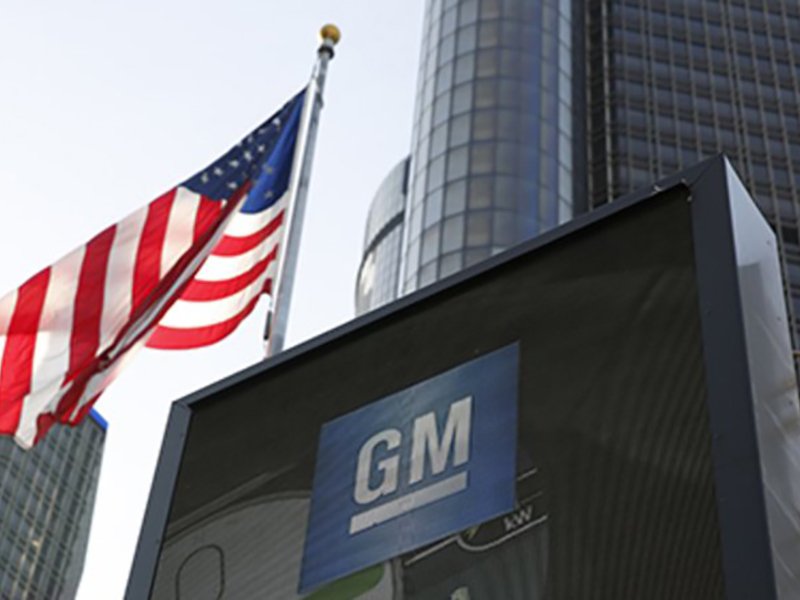
DETROIT — General Motors is asking its dealerships to join a program aimed at reassuring consumers that showrooms and vehicles have been properly sanitized, but the nation’s largest state dealer association is opposing it over legal liability concerns.
GM is giving dealers until Friday to decide whether to participate in the Clean program, under which they would agree to follow government guidelines and use EPA-approved cleansers in their stores and on new, used and serviced vehicles.
The California New Car Dealers Association argued in a letter to the automaker Wednesday that the initiative could put dealers in legal jeopardy if a case of the coronavirus is identified at their stores. The association, which represents more than 1,100 franchised dealers in the state, also said stores that decline to sign GM’s Clean Dealer Participation Agreement could be put at a competitive disadvantage.
“While we admire GM’s efforts in lending assistance to avoid the spread of the COVID-19 pandemic, CNCDA believes there are a number of reasons why the agreement should not be signed,” a lawyer for the association, Joseph Berberich of Manning, Leaver, Bruder and Berberich, wrote in the letter.
A GM spokeswoman said the California letter is the only response GM has received challenging the program.
“This initiative simply encourages Chevrolet, Buick, GMC and Cadillac dealers to implement the guidelines issued by the U.S. Centers for Disease Control and Prevention,” the spokeswoman said. “GM believes that this initiative is consistent with its mission to put the customer at the center of everything we do. The initiative has also received tremendous support from GM’s dealer body and councils. Nevertheless, each dealership is independently operated and no dealer is required to participate in the ‘Clean’ initiative — it is entirely voluntary.”
Most GM dealers have enrolled in the program and signed a rolling agreement, which means they can withdraw from the program after 30 days, she said.
The California association said it is concerned the program will give customers the impression that the dealership and its vehicles are completely free of the coronavirus, potentially making the dealer liable if someone gets sick.
“The challenge with something called a ‘clean’ program in the middle of a pandemic is how consumers are going to interpret that,” Brian Maas, president of the California New Car Dealers Association, told Automotive News.
In California, where many cities and counties have adopted their own rules for health and safety, “what does clean mean to a consumer?” he said. “How’s a consumer — let alone a dealer — supposed differentiate all that in what’s obviously a national marketing campaign?”
The letter says dealers who sign the agreement would have to check with their insurance companies and brokers about the scope of their coverage for claims related to the virus. Participation in the Clean program might adversely affect insurance coverage, the letter says.
“If a claim were asserted against a dealer arising from a COVID-19 issue, the fact the dealer agreed to adhere to the Guidelines in the Participation Agreement, but failed to do so, could be used against the dealer,” Berberich wrote.
Participating dealers will communicate their enrollment in the program to customers through point-of-sale materials and other customer-facing messaging, GM said in a statement. The agreement says participating dealers can only advertise the program with GM-provided materials and can’t state or imply that the program can cure, prevent or protect against COVID-19 or any other virus or illness.
GM told Automotive News it will not ask local dealer marketing associations to advertise the program and that all marketing would be done at the brand level.